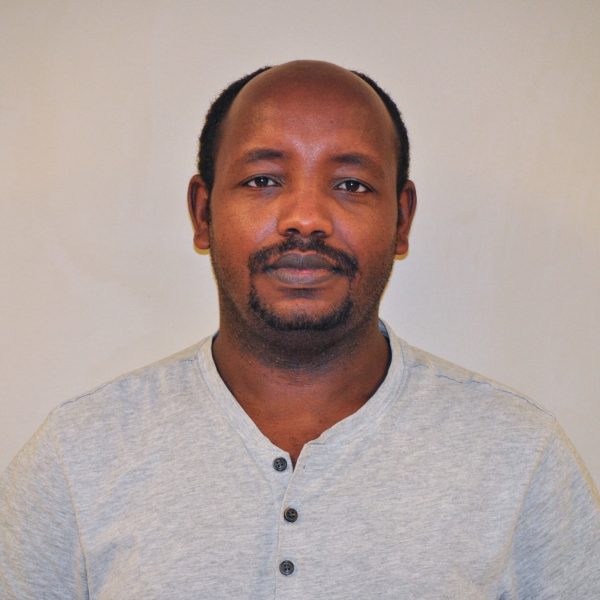Magnus Fiskesjö Discusses Uyghur Genocide During Religion Lecture
Colgate University Religion Department’s lecture series recently hosted Magnus Fiskesjö, associate professor of anthropology at Cornell University, on Thursday, April 13 in Golden Auditorium. He presented on the recent and ongoing genocide carried out against Uyghur Muslims in China — an issue that has been the subject of international scrutiny since initial exposure in 2017.
Fiskesjö opened his talk by connecting the legacy of Chinese imperialism to the current state of the country. Since the 17th century, he argued, China has doubled in size via imperial conquest. Fiskesjö addressed how this information is withheld from Chinese citizens.
“School children in China are taught the country was always peaceful, they are not taught about the slaughter of innocent people in order to expand,” Fiskesjö said.
Prior to 2017, the Chinese government had a “happy family” policy, mimicking the system of the former Soviet Union. Fiskesjö explained that this meant ethnic minorities, such as Uyghur people, were treated as equals yet confined to their own separate areas. In the 2000s and early 2010s, certain extremists committed acts of terrorism that were pinned on the entire Uyghur population, leading to an eventual change to a stricter policy.
“[Chinese] academics started arguing that they made a mistake when they copied the Soviet system,” Fiskesjö said. “[They said] we should never have recognized the ethnic minorities, they just cause trouble for us, [that] they are just a weakness that would block the greatness of China.”
Fiskesjö argued that this sentiment led to aggressive and harmful policy changes where citizens were monitored through mass surveillance systems. Since then, any Uyghur people who outwardly associate with their culture are arrested and sent to camps where they are forced to assimilate through violent means. The main goal is to completely eradicate the culture of the Uyghur people — including children.
“There are figures suggesting that there are as many as 500,000 Uyghur children who are taken from their families and taken to boarding schools, though they are more like gulags for children, where they are punished for speaking their own language,” Fiskesjö said.
Fiskesjö also shared haunting stories from survivors of the camps, such as Gulbahar Haitiwaji, who mysteriously disappeared in 2017. Haitiwaji and her family, however, are only some of the many victims of the genocide.
“[Uyghur people have] waited for several years for word from their families. And then they got proof, they saw evidence that their families were in concentration camps,” Fiskesjö said.
The talk finished with a Q&A, where the students, faculty and community members in attendance engaged in a critical discussion of the issues. Geethika Dharmasinghe – visiting assistant professor in religion and former student of Fiskesjö’s – emphasized the importance of difficult discussions like these.
“China has become a hot topic, everyone knows something about China but when it comes to violence against Muslims many nation states maintain some kind of a silence. I think it has more to do with prejudices against Islam and Muslims, in general. Therefore, these kinds of events help us to start a serious conversation not only of the state violence against Muslims in China but also the violence against minority communities, the failures of modern nations states and certain power structures including imperialism that enabled violence. On this note, contemporary China is following the footsteps of the US as a modern state that has a long history of state-sanctioned violence against minorities (particularly Black and Indigenous communities) and acts as an imperialist power globally,” Dharmasinghe said.
Students in attendance also felt the importance of the event and the conversations it started, such as first-year William Klaasmeyer.
“My main takeaway regarding the talk was that there is an overall sense of frustration from both the speaker and the international community,” Klaasmeyer said. “Despite the amount of evidence that suggests Chinese authorities have violated UN treaties regarding genocide, the international reaction has mainly been characterized by condemnation as opposed to action. In this way, I got the sense that the frustration is born out of the fact that it seems China simply holds too much economic and geopolitical influence to be held accountable by international systems that are designed to protect peoples like the Uyghur Muslims.”








